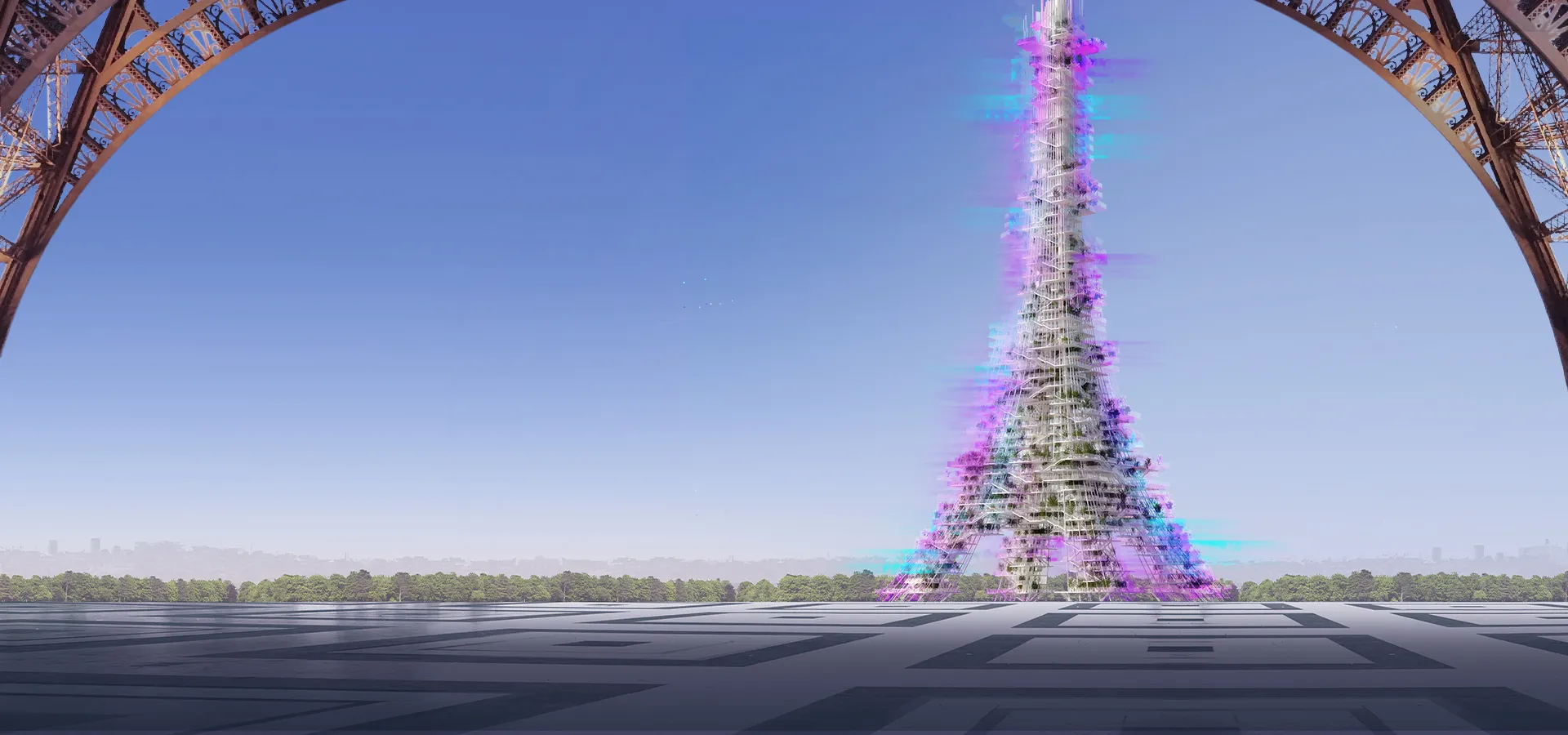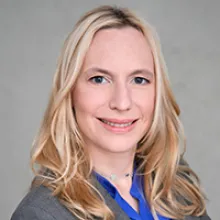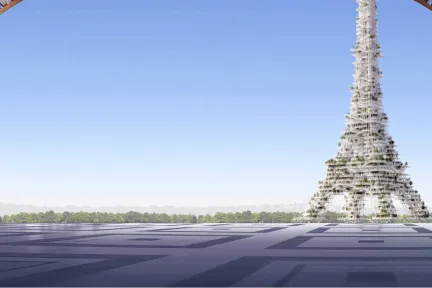#15: What Will Tomorrow's Sustainable City Look Like?
We take a peek into Building Tomorrow, a five-part documentary series that examines what a sustainable city of the future will look like.
#15: What Will Tomorrow's Sustainable City Look Like?
Florence Verzelen from Dassault Systèmes talks about Building Tomorrow, a five-part documentary series that seeks to answer a central question: What does a sustainable city of the future look like?
This episode is part of the Building Tomorrow project. Click here to find out more.
Meet our speakers
“At Dassault Systèmes, our purpose is sustainable innovation to harmonize product, nature and life… by providing solutions that will empower our ecosystem of innovators to build a more sustainable future.”
— Florence Verzelen
Read the transcript
Narrator: Welcome back to Disruptors Unleashed, a series by Dassault Systèmes that highlights the disruptive technologies shaping our world, and the trailblazers igniting transformative change across industries. In our previous episode, we talked with Nicolas Senemaud and Karun Chakravarthy from Dassault Systèmes about productization and how it's changing the way buildings are constructed.
Joining us today is Florence Verzelen, Executive Vice President of Industry, Marketing & Sustainability at Dassault Systèmes. She’s here to talk about Building Tomorrow: A five-part documentary series that looks at a ground-breaking design challenge, and seeks to answer a central question: What does a sustainable city of the future look like?







